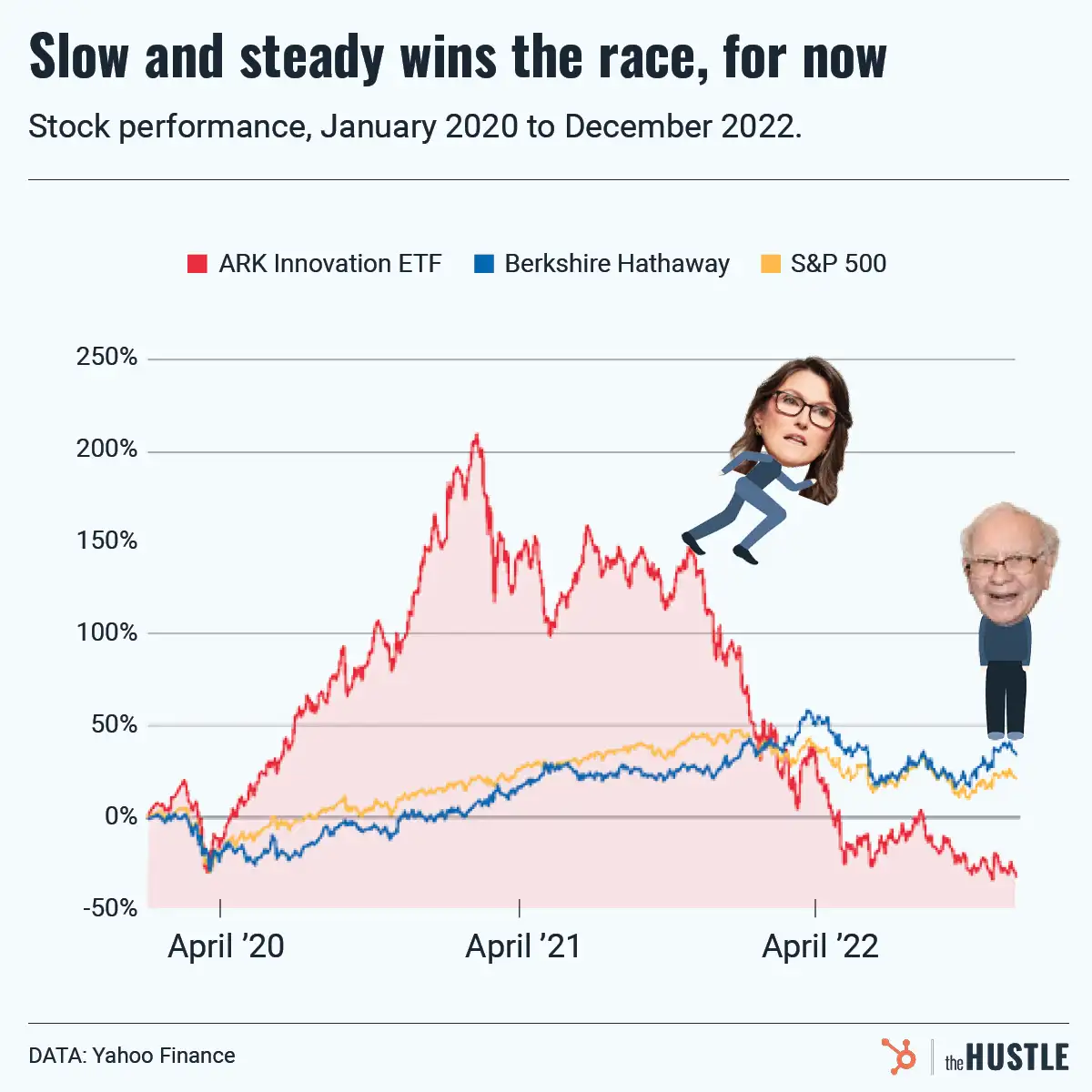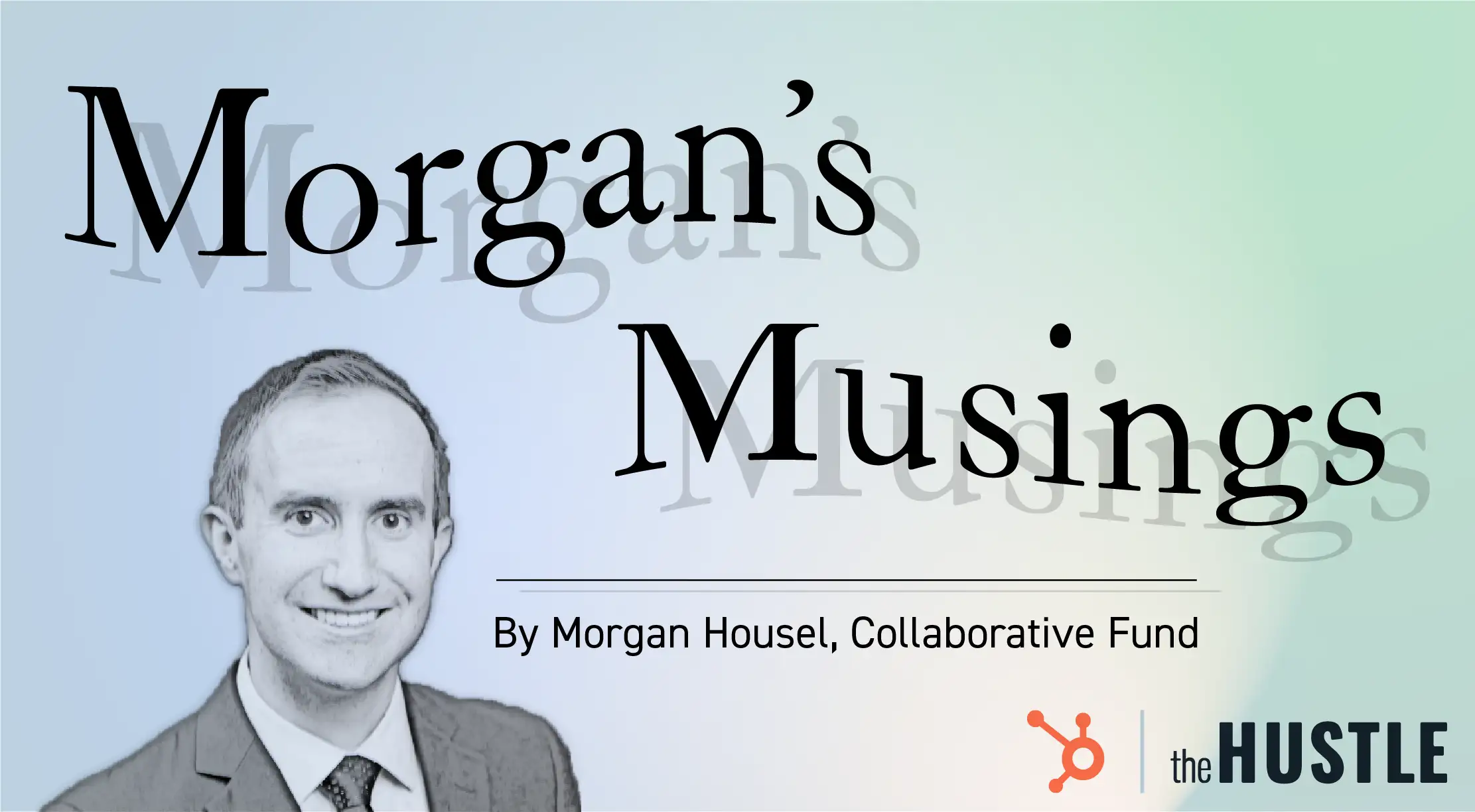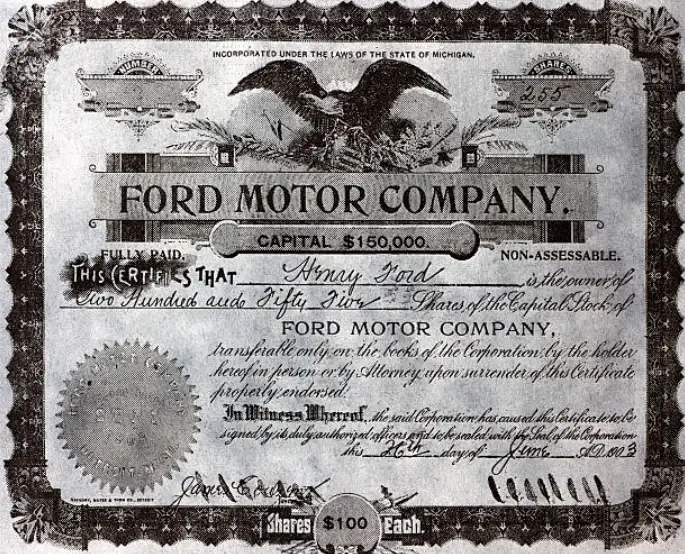Blackstone is big. Very big.

Founded in 1985, the company has grown from a modest mergers and acquisition firm into a mammoth money management business that oversees $500B+ in assets. It deploys capital across a dozen investment strategies, including private equity, hedge funds, infrastructure, energy, and real estate.
With a market cap of $63B, it’s the world’s largest publicly traded PE firm, handily besting the likes of KKR ($30B) and Apollo Global Management ($21B).
And it’s been very busy this summer
Befitting its wide scope, Blackstone was linked to 2 deals last week — one acquisition and one sale — that could not be more different:
- A joint ~$18B bid for the railroad operator, Kansas City Southern
- A prospective listing of the dating app, Bumble, for $6-8B — a value that would double the firm’s 2019 majority stake investment
This just scratches the surface of other wheelings and dealings the firm has been involved with this summer as highlighted by Pitchbook’s Kevin Dowd:
- It closed a new life-sciences fund at $4.6B
- It closed a secondary infrastructure fund at $3.75B
- It acquired the genealogy company Ancestry for $4.7B
- It acquired Takeda Consumer Healthcare for ~$2.3B
- It purchased a 49% stake in a portfolio of Hollywood movie lots for $1.49B
- It joined a $200m investment round for the oat-milk maker, Oatly
This isn’t the first time Blackstone has done major deals during a crisis: it largely created the single-family home rental market after the 2008-09 financial crisis.
Private equity coffers continue to fill up
PE firms have faced increased scrutiny in recent years for deals that left several well-known corporations in bankruptcy (Toys ‘R Us, Sears).
Despite this, the industry keeps raising more money. In Q2 2020, Blackstone reported an inflow of $20B, and its dealmaking dry powder (cash + other liquid securities) is currently sitting at $100B+.
Even with its weighty fees, the world’s biggest pension funds, sovereign wealth funds, and college endowments turn to PE firms for their management skills and long-term investment horizons.
With the US Department of Labor potentially allowing PE firms to tap 401(k) plans, funds like Blackstone may only grow bigger.









